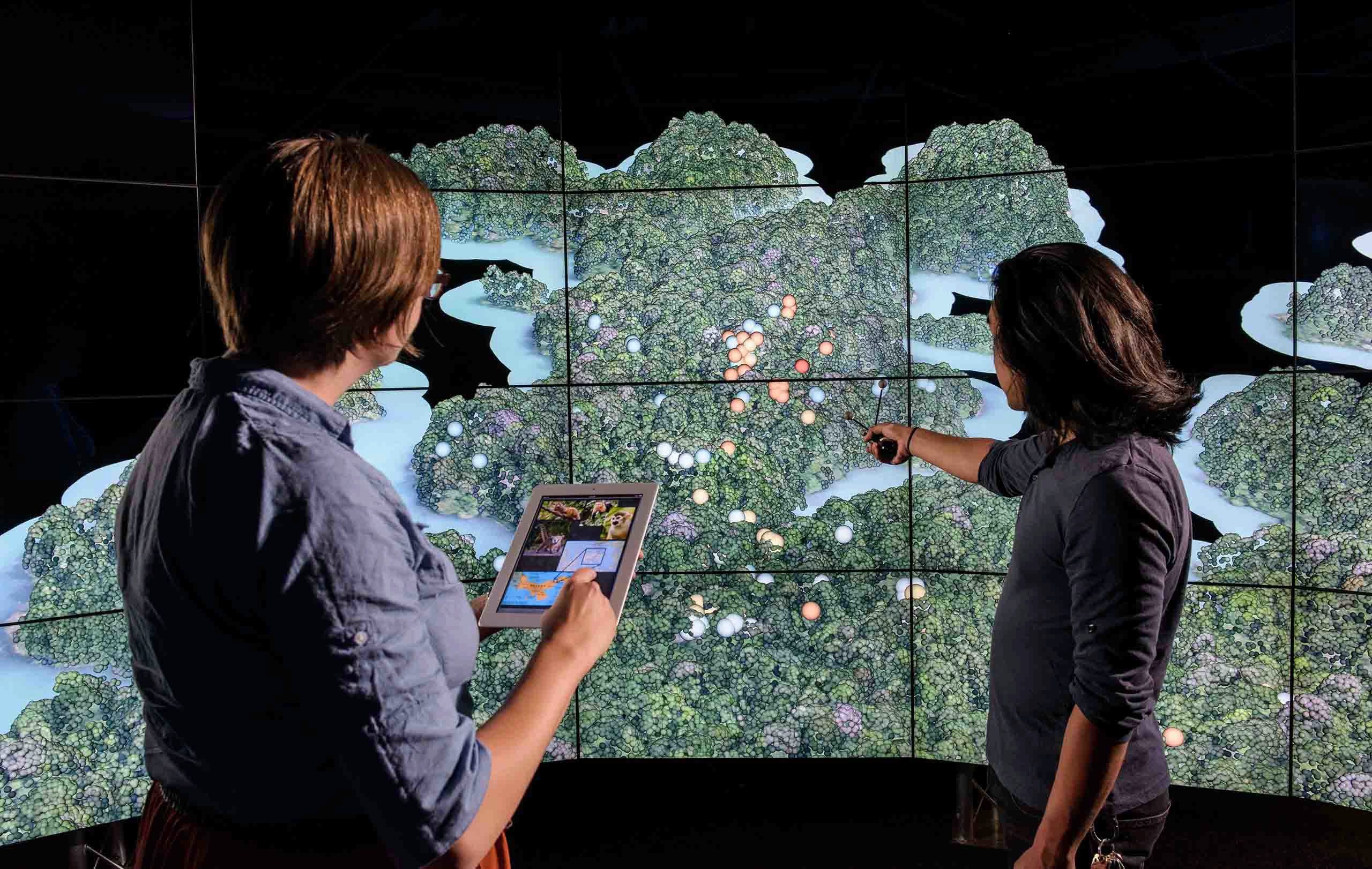“Acquisition of a Composable Platform as a Service Instrument for Deep Learning & Visualization (COMPaaS DLV)” Awarded
October 1st, 2018 - September 30th, 2021
Categories: Instrumentation

About
EVL Director Maxine Brown of UIC Computer Science, PI, and co-PIs Andrew Johnson, Robert Kenyon and G. Elisabeta Marai received a three-year NSF MRI award entitled “Acquisition of a Composable Platform as a Service Instrument for Deep Learning & Visualization (COMPaaS DLV).” Senior Personnel are from several COE departments: Tanya Berger-Wolf (CS), Sybil Derrible (CME), Barbara Di Eugenio (CS), Chris Kanich (CS), Alex Leow (BioEng/Psychiatry), Bing Liu (CS), Lance Long (EVL), Farzad Mashayek (MIE), Roberto Paoli (MIE), Luc Renambot (CS), Philip Yu (CS), Milos Zefran (ECE), Xinhua Zhang (CS), and Brian D. Ziebart (CS).
The COMPaaS DLV system, being designed by EVL staff and faculty, will be based on a new computer architecture (“composable infrastructure”), and will focus on large-scale (Big Data) deep learning and visualization problems. It will be a resource for COE faculty and students to use for research and research training.
NSF Award ID: CNS-1828265
Project Period: 10/1/18-9/30/21
Award Amount: $997,363
Abstract:
This project is about acquiring a much-in-demand Graphics Processing Unit (GPU)-based instrument, to develop a Service Instrument for Deep Learning and Visualization called “COMPaaS DLV: COMposable Platform”. The project aims to complement available campus computing resources via the campus’s research network. It will be able to access local and remote computing and storage facilities funded, including XSEDE, Blue Waters, Deep Learning Instrument and Chameleon. This critical instrumentation will provide a platform to pursue fundamental science and engineering research training in deep learning (data mining and data analytics, computer vision, natural language processing, artificial intelligence), visualization (simulation, rendering, visual analytics, video streaming, image processing), and a combination of deep learning and visualization (e.g., when data is so large that it cannot be easily visualized, then deep learning is used to extract features of interest to be visualized). The instrumentation also enables investigation and contribution to societal issues in disciplines such as anthropology, biology, cybersecurity, data-literacy, fraud detection, healthcare, manufacturing, urban sustainability, and cyber-physical systems (e.g., autonomous cars).
Its design utilizes state-of-the-art computer architecture, known as composable architecture, in which the computer’s components (traditional processor, GPU, storage, and networking) form a fluid pool of resources, such that different applications with different workflows can be run simultaneously, with each configuring the resources it requires almost instantaneously, at any time. Given composable infrastructure scalability and agility, it is more beneficial than traditional clouds and clusters that are rigid, overprovisioned, and expensive.
See UIC Today News Release for more information.